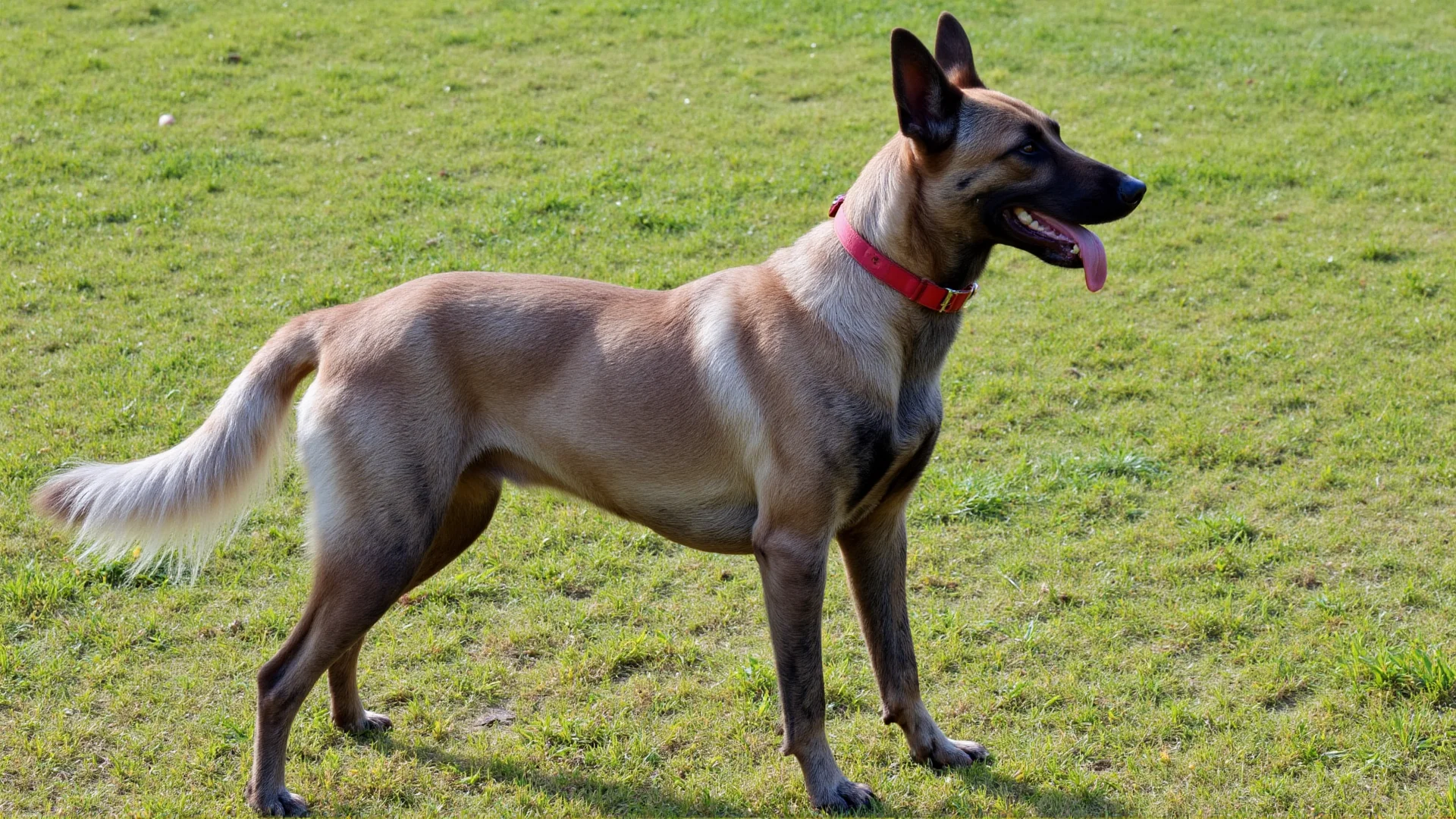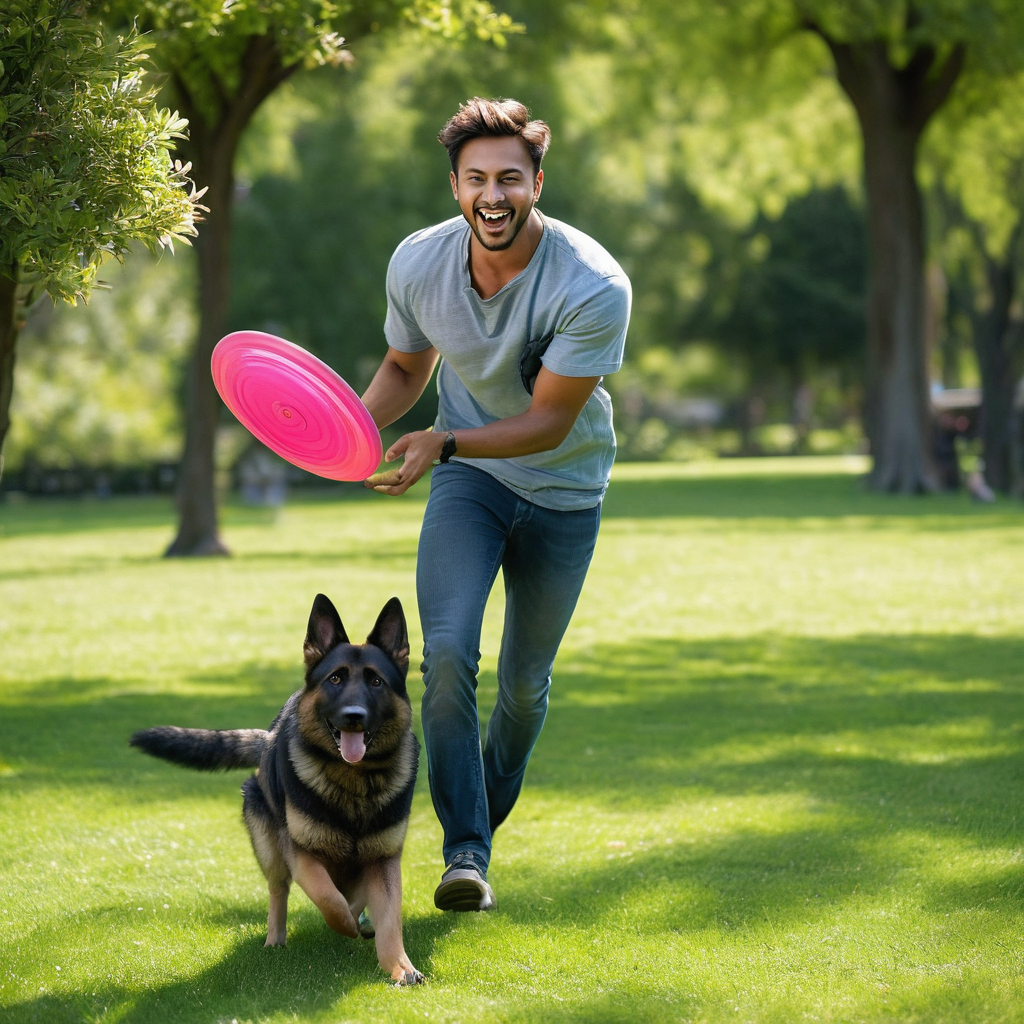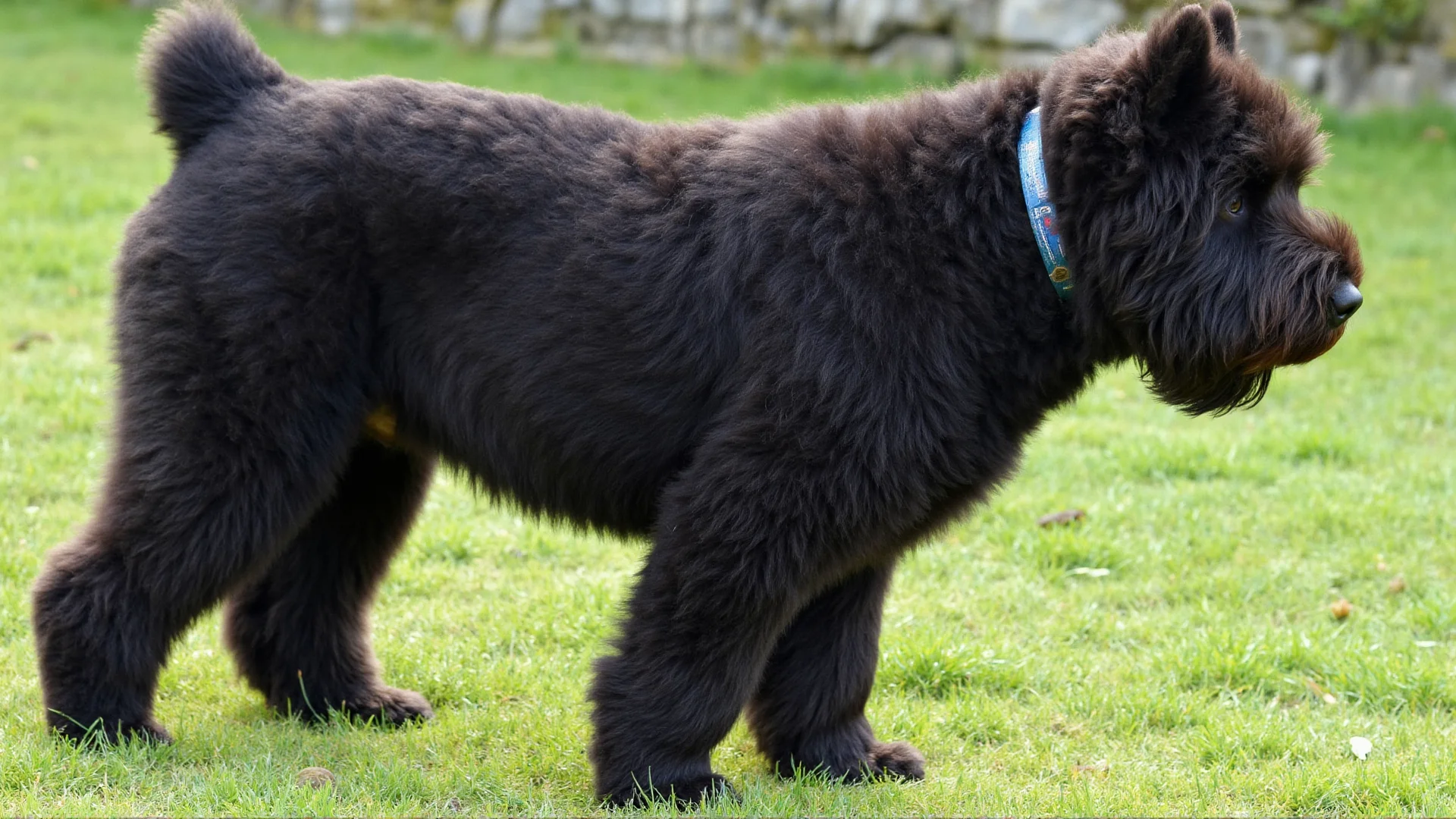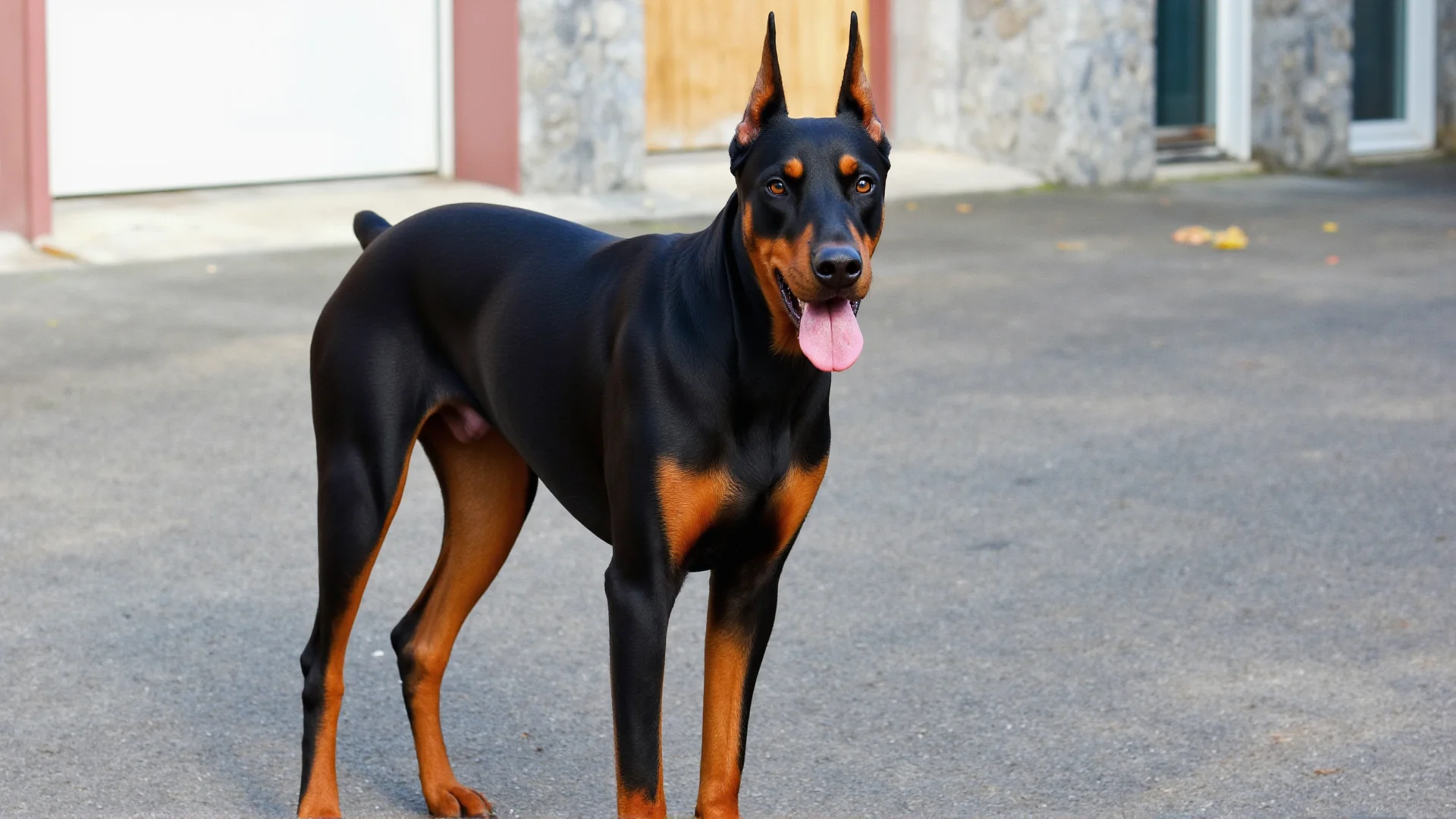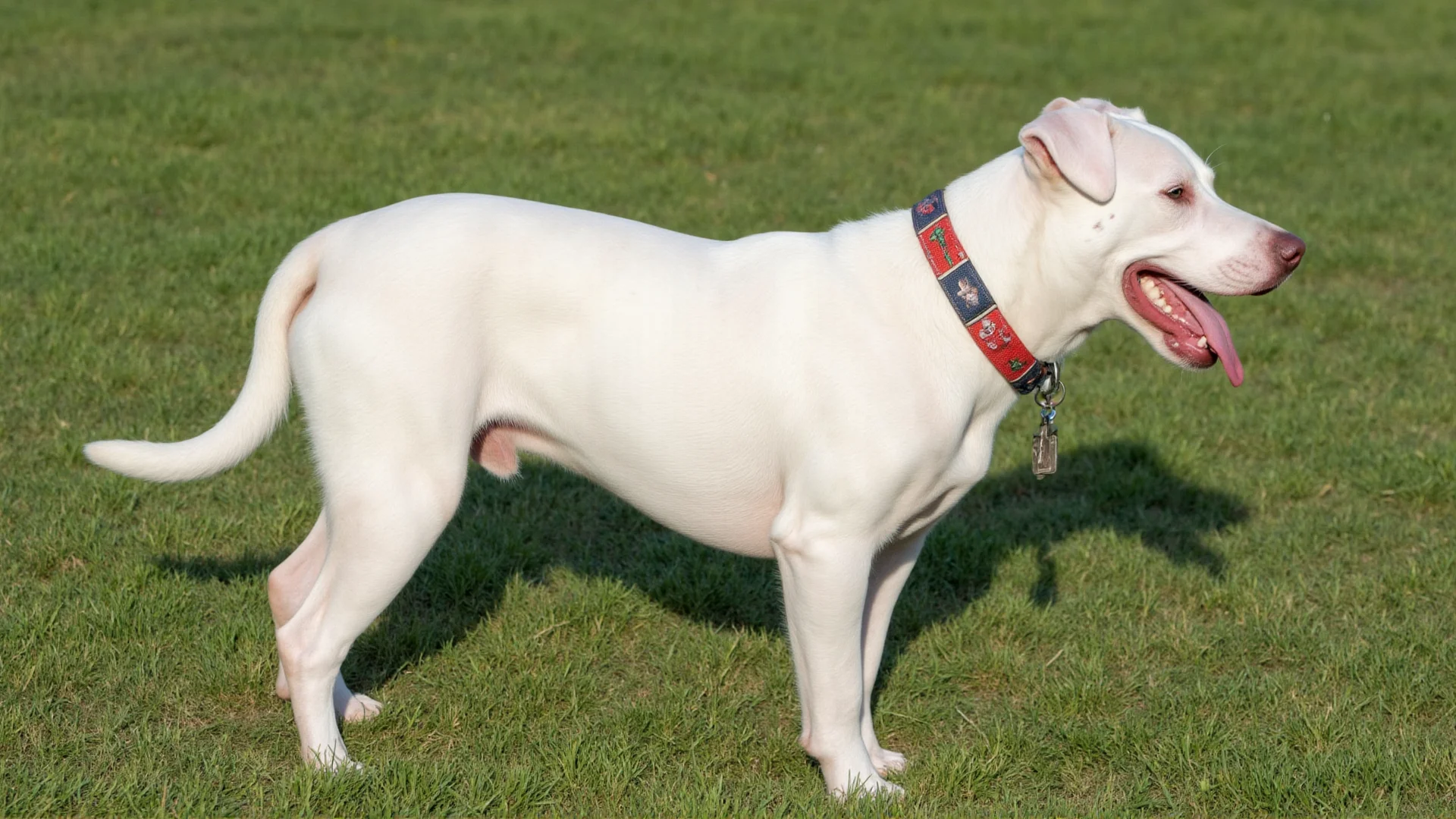The Australian Cattle Dog: Your Ultimate Working Companion
The Australian Cattle Dog, also known as the Blue Heeler or Red Heeler, represents the pinnacle of canine work ethic and intelligence. These remarkable dogs were bred for one purpose: to work tirelessly alongside their human partners in the demanding Australian outback.
The Heritage of Hard Work
Developed in the 1840s by Australian settlers, the Australian Cattle Dog emerged from a careful blend of native Dingoes, Collies, and other herding breeds. This selective breeding created a dog that could withstand the harsh Australian climate while possessing the stamina to drive cattle across vast distances.
Their compact, muscular build and weather-resistant coat made them perfectly suited for long days under the scorching sun or in driving rain. But it's their mental fortitude that truly sets them apart from other working breeds.
Unmatched Intelligence and Problem-Solving Abilities
Australian Cattle Dogs consistently rank among the most intelligent dog breeds, and for good reason. Their intelligence isn't just academic – it's practical, adaptable, and purpose-driven. These dogs can:
- Assess livestock behavior and respond accordingly
- Navigate complex terrain while maintaining focus on their task
- Work independently when necessary, yet respond instantly to handler commands
- Adapt their herding style to different types of livestock
This intelligence comes with responsibility. Australian Cattle Dogs need mental stimulation that matches their cognitive abilities. Without proper mental engagement, they can become destructive or develop behavioral issues.
Training Your Working Partner
Training an Australian Cattle Dog requires understanding their working heritage. These dogs thrive on:
Structured Learning Sessions
Short, intensive training sessions work best. Their attention span is excellent, but they prefer focused, purposeful learning over repetitive drills. Incorporate problem-solving elements into your training routine.
Job-Oriented Tasks
Give your Australian Cattle Dog a job. Whether it's agility training, herding trials, or even advanced obedience work, they need to feel productive. Consider activities like:
- Rally obedience competitions
- Herding instinct tests
- Agility courses
- Tracking exercises
- Disc dog competitions
Consistency and Clear Communication
Australian Cattle Dogs respond best to handlers who communicate clearly and consistently. They can read subtle body language and voice tones, making them exceptional at understanding what you want – if you're clear about it.
Physical and Mental Exercise Requirements
The exercise needs of an Australian Cattle Dog go far beyond a daily walk. These dogs were bred to work 8-10 hours a day, and that energy doesn't disappear in a suburban setting.
Daily Exercise Minimums
- 60-90 minutes of vigorous physical exercise
- 30-45 minutes of mental stimulation activities
- Opportunities for free running in secure areas
Exercise Ideas for Working Minds
Combine physical and mental exercise for maximum benefit:
- Hiking with Navigation: Let them lead on familiar trails, giving them decision-making opportunities
- Fetch with Variations: Add commands like "wait," "find it," or directional cues
- Obstacle Courses: Set up challenging courses that require problem-solving
- Scent Work: Hide treats or toys and let them use their natural tracking abilities
Channeling Their Work Drive in Modern Life
Not everyone has cattle to herd, but Australian Cattle Dogs still need productive outlets for their work drive. Here's how to satisfy their need to be useful:
Service and Therapy Work
Many Australian Cattle Dogs excel in service roles due to their intelligence, loyalty, and problem-solving abilities. They can be trained for:
- Medical alert services
- Mobility assistance
- Therapy work in hospitals or schools
Competitive Sports
Channel their competitive nature into dog sports where they can excel:
- Flyball competitions
- Dock diving
- Canicross (cross-country running with dogs)
- Schutzhund or protection sports
Practical Jobs at Home
Give them household responsibilities:
- Carrying their own gear on walks
- Helping with yard work by carrying tools
- Alerting to specific sounds or visitors
- Assisting with other pets' care routines
Health Considerations for Working Dogs
Australian Cattle Dogs are generally robust, but their working lifestyle requires attention to specific health areas:
Joint Health
Regular high-impact activity means monitoring for:
- Hip and elbow dysplasia
- Early signs of arthritis
- Proper warm-up and cool-down routines
Nutritional Needs
Working dogs have higher caloric and protein requirements. Ensure their diet includes:
- High-quality protein (25-30% for active dogs)
- Adequate fat content for sustained energy
- Joint-supporting supplements as they age
Is an Australian Cattle Dog Right for Your Working Lifestyle?
Before committing to this incredible breed, honestly assess whether you can meet their needs:
Ideal Owners Are:
- Active individuals or families who enjoy outdoor activities
- Experienced dog handlers who appreciate intelligent, independent thinkers
- People with time for daily training and mental stimulation
- Those seeking a canine partner for specific activities or sports
Consider Other Breeds If You:
- Prefer a more relaxed, low-maintenance companion
- Live in an apartment without access to large exercise areas
- Want a dog that's content with minimal daily exercise
- Are looking for your first dog
